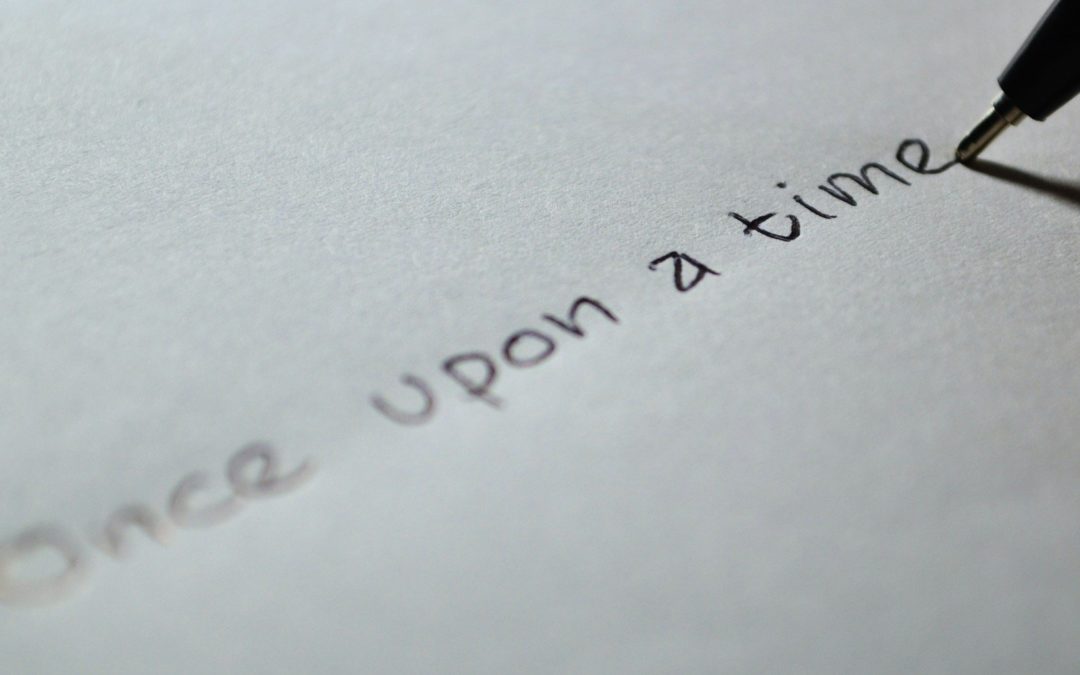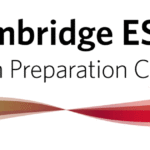HI THERE B1 & B2 STUDENTS!
Today we’ll continue with TIPS FOR A BETTER WRITING (Part II): WRITING TIME.

Planning your writing is very important, but the actual writing is what you will spend most of your time on. When you are happy with your plan and you have the reader in mind, then you are ready to start the writing process. This time I’ll give you tips and advice for how to get top marks in writing exams. Good luck! 🙂
1. MATERIALS:
A. Make sure you have all the materials you need with you for your exam.
B. Have two pieces of paper, one for your notes and one for your writing task.
C. You need lots of space to write your notes and ideas clearly.
D. Write your name at the top of your exam paper.
F. Have a pen that works or a pencil and rubber.
G. Wear a watch so you can keep track of the time in case there is no clock on the room.
H. In a public exam like Cambridge Exam, make sure you have your ID card with you.
2. HANDWRITING:
Your handwriting is important in writing exams. You must write clearly and carefully. If your teacher or the examiner can’t read your writing, you will lose marks. Here are some tips to improve your handwriting for exams.
-
If your handwriting is bad, practise writing at home. Time yourself doing writing tasks to practise writing clearly.
-
If your handwriting is bad, try different pens. Some people write better with certain types of pens. Find a pen that you write well with.
-
Write on every other line of the paper (i.e. write on lines 1, 3, 5, 7, etc.). Then you have space to go back and add or change information clearly and easily. It saves you time because you don’t have to write out the writing exam again.
-
If you have lots of time in the exam, you may want to write a clean copy of your task again, but remember, this can take a lot of time! If you have extra time, you should review your work and check for mistakes.
3. VOCABULARY:
A. You get more marks for using a good range of vocabulary. This means you should not repeat the same words lots of times but you should have a variety of words in your writing task.
B. Don’t always repeat the same words. Use synonyms or antonyms.
C. Use adverbs and adjectives to make your writing more interesting.
D. Think about the style of what you are writing and how formal or informal it is. Choose your vocabulary carefully depending on who the reader is.
4. WORD COUNT:
A. It’s really important to know how many words you need to write and to make sure you don’t make it neither too long or too short. You will lose marks for writing too much or not writing enough!
B. Don’t spend a long time counting words. It’s more important to spend time thinking about what you are writing and reviewing your writing.
C. Practice writing at home so you know more or less how much of your writing on a page is 60 words, 100 words or 150 words.
D. If you want to count the words, count how many words in a normal line and multiple by the number of lines. This will give you an approximate number of words, not an exact number of words, but it is quicker than counting every word, as long as your maths are OK!
Once again, we’ve come to the end of today’s TIPS FOR A BETTER WRITING (Part II). We are nearly there guys! Please read these instructions carefully. Make sure you follow them and you will find no trouble.






